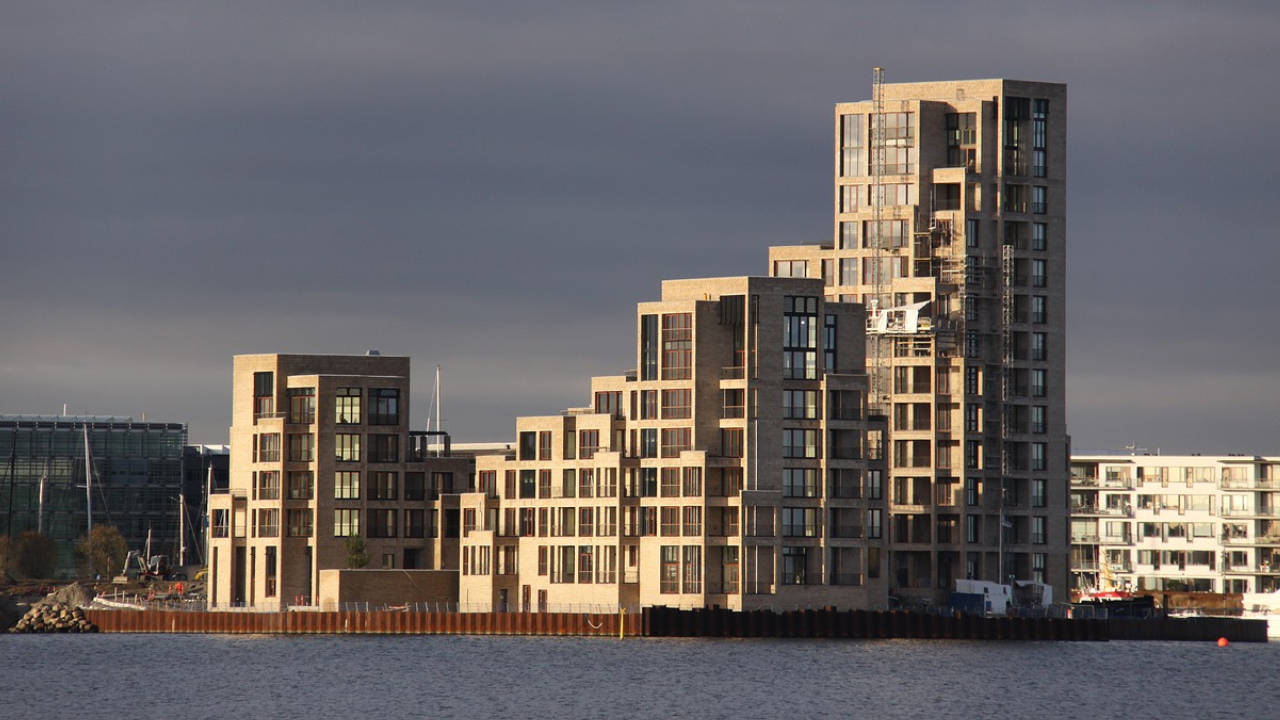The Unitech Limited scandal stands as one of the biggest disgraces in the Indian real estate industry. This scandal has left 20,000 customers sleepless, required government intervention, Supreme Court involvement, and caused a significant crash in the stock market. This scam involves more than ₹35,000 crores, and with interest, it exceeds ₹50,000 crores. Customers are owed over ₹15,000 crores, banks are owed over ₹7,000 crores, and various authorities in Uttar Pradesh are owed ₹10,000 crores.
This article aims to provide insight into the plight of over 15,000 customers trapped in this scam, offer some questions for Unitech, propose solutions for affected customers, and provide advice for prospective home buyers on making informed decisions to avoid such pitfalls.
The scale of the crisis is immense. Currently, 4.5 lakh people in India have not received their homes, with over 2,000 projects stalled. PropEquity has tracked all these projects, and the information provided here is crucial for both those currently entangled in such issues and those at risk of facing similar problems.
Unitech was founded in 1971 by Ramesh Chandra and five partners. Ramesh Chandra, a technocrat from IIT Roorkee with a master's degree from abroad, ventured into real estate development in 1986. By the early 2000s, Unitech had become one of India's fastest-growing real estate companies. Ramesh Chandra's sons, Sanjay and Ajay Chandra, joined the business as joint managing directors in the early 2000s.
The turning point came in 2006-2007 when real estate opened up for foreign direct investment. Real estate developers were valued based on their land banks, prompting Unitech to rapidly acquire land. Over the next two years, Unitech's total land aggregation reached 14,500 acres, boosting its market capitalization to ₹85,000 crores by 2008. This made Unitech one of the top 30 companies in India by market capitalization, one-third the size of Reliance Industries, which today is worth ₹20 lakh crores.
Unitech's land acquisitions were spread across 22 cities, funded by substantial bank loans. In 2007-2008, Unitech diversified into the telecom sector, acquiring a Pan India Mobile license and forming a joint venture with Telenor to create Uninor. This venture involved a ₹5,000 crore loan to develop the telecom business.
In 2010, the 2G scam unfolded, implicating Unitech. Sanjay Chandra was jailed for 10 months. By then, Unitech had launched over 75 projects, recovering more than ₹14,000 crores from 29,800 buyers and taking substantial bank loans. However, in 2017, a Supreme Court forensic audit revealed that ₹5,000 crores collected from customers and ₹800 crores from banks were not invested in the projects. Additionally, ₹2,000 crores had been siphoned off into multiple countries and entities.
In December 2019, the Supreme Court recommended that the Government of India take over Unitech. In 2020, a board of eminent independent directors was appointed to complete the unfinished projects and deliver homes to buyers. Multiple resolution plans were submitted, but significant challenges persisted, leading to the resignation of key directors. The final resolution plan in 2022 revealed 78 incomplete residential projects and 13 commercial projects.
The Supreme Court has ordered Unitech to complete these projects without any extra charges to the home buyers. These projects are categorized into almost ready, under construction, plots, and abandoned projects:
The total requirement to complete these projects is ₹4,785 crore. However, there is a shortfall of ₹1,500 crore, which Unitech plans to recover from unsold inventory worth ₹3,000 crore.
The completion of these projects faces several serious challenges:
To resolve these issues, two primary solutions are proposed:
For new home buyers, the Unitech scandal provides important lessons:
By learning from the Unitech scandal, new home buyers can make more informed and secure decisions in the real estate market.

